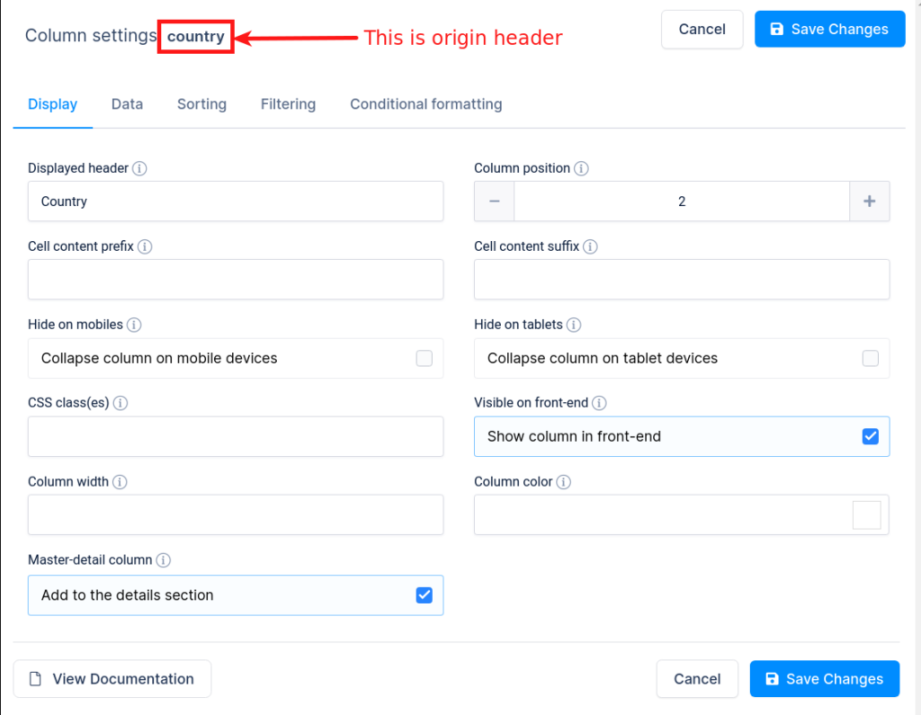Report Builder Templates provide a structured framework for generating comprehensive and visually appealing reports. By utilizing these templates, organizations can streamline their reporting processes, enhance data visualization, and ensure consistent presentation of findings.
Design Elements for Professionalism and Trust

To create Report Builder Templates that exude professionalism and inspire trust, it is essential to incorporate the following design elements:
Consistent Branding
Maintain a cohesive brand identity throughout your templates by using consistent colors, fonts, and logos. This reinforces your organization’s image and establishes a sense of familiarity.
Clear and Concise Layout
Prioritize readability by using a clean and uncluttered layout. Employ ample white space, logical section breaks, and clear headings to guide readers through the report.
High-Quality Graphics
Enhance the visual appeal of your reports with high-quality graphics, such as charts, graphs, and diagrams. Ensure that these visuals are relevant, easy to understand, and complement the written content.
Professional Typography
Select fonts that are professional, legible, and appropriate for the target audience. Avoid using excessive fonts or decorative styles that can detract from the overall professionalism of the report.
Consistent Formatting
Maintain consistent formatting throughout the template, including headings, subheadings, bullet points, and numbering. This creates a sense of order and professionalism.
Key Components of Report Builder Templates
Effective Report Builder Templates should include the following key components:
Title Page
The title page should clearly state the report’s title, author(s), date of publication, and any relevant logos or branding elements.
Executive Summary
Provide a concise overview of the report’s key findings, conclusions, and recommendations. This should be written for a general audience and entice readers to delve deeper into the report.
Table of Contents
Include a detailed table of contents that outlines the structure of the report and allows readers to easily navigate to specific sections.
Introduction
The introduction should provide background information on the topic, define key terms, and outline the report’s objectives and scope.
Body
The body of the report should present the main findings, analysis, and discussion. Use clear headings and subheadings to organize the content and make it easier to follow.
Conclusion
Summarize the key points of the report and reiterate the main findings or conclusions. This section should provide a strong closing statement.
References
If applicable, include a list of references to any sources cited in the report. Use a consistent citation style, such as APA or MLA.
Appendices
If necessary, include any supplementary materials, such as data tables, surveys, or detailed calculations, in appendices.
Tailoring Templates to Specific Needs
To ensure that your Report Builder Templates meet the specific requirements of your organization, consider the following factors:
Target Audience
Understand the needs and preferences of your target audience. Tailor the language, level of detail, and visual elements accordingly.
Report Type
Different types of reports, such as financial reports, marketing reports, or research reports, may have specific formatting requirements. Customize your templates to suit the purpose of the report.
Data Visualization
Select appropriate data visualization techniques, such as charts, graphs, or tables, to effectively communicate your findings. Consider the complexity of the data and the target audience when choosing visualization methods.
Branding Guidelines
Adhere to your organization’s branding guidelines to ensure consistency and professionalism. Use approved colors, fonts, and logos throughout your templates.
By carefully considering these design elements and key components, you can create Report Builder Templates that are both visually appealing and informative. These templates will help your organization present data effectively, enhance decision-making, and build credibility.